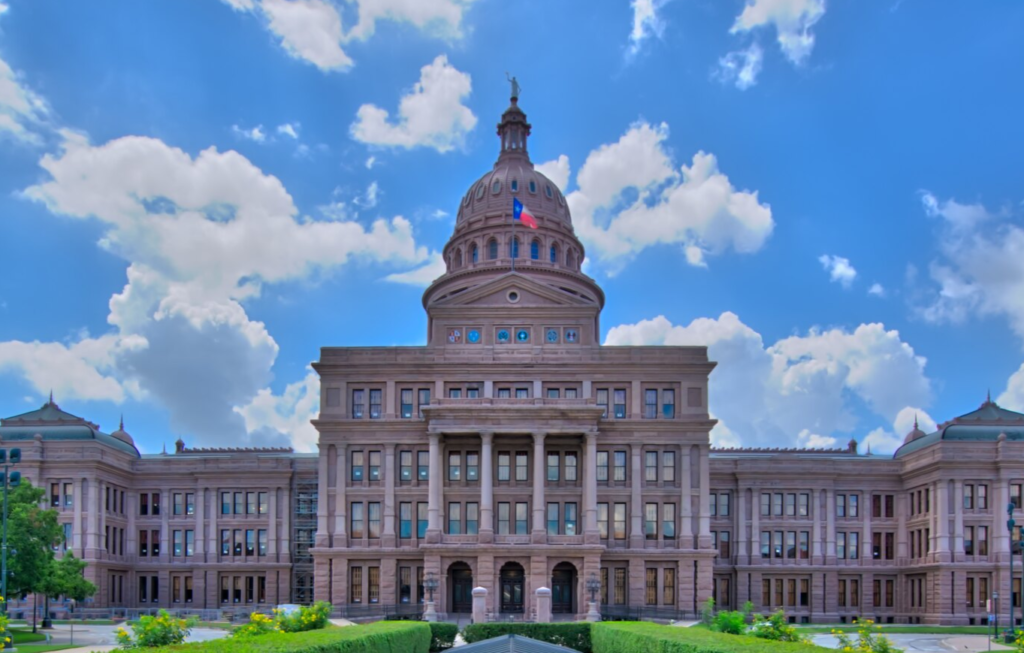
Texas has a very strong anti-slapp law, and that’s a good thing. Laws preventing strategic lawsuits against public participation are probusiness. In absence of a strong law preventing the player on the board with the most money from launching frivolous claims that other players cannot afford to defend, the game is broken.
Executive Roof Services sued a couple in Washington state for $112K because they left negative reviews online. In that case the public relations backlash was swift and forceful, but what if Executive Roof Services could just sue all the news outlets who covered the story? What if that company had enough money to force critics to undergo the cost of complying with discovery over a legal case without a chance of winning?
The TV show Last Week Tonight was sued by Bob Murray about five years ago. That lawsuit from Murray, at the time CEO of the largest private coal company in America, came after the show published a segment critical of Murray. Last Week Tonight won the lawsuit, and created an episode explaining SLAPP lawsuits.
The Last Week Tonight lawsuit was filed in West Virginia in large part because the state lacked cohesive laws preventing slapp lawsuits. In Texas, journalist Steven Monacelli and The Dallas Weekly were sued by Monty Bennett for critical reporting. Monacelli won that case, and the relatively strong anti-slap laws reduced the stress of the case in Texas.
Lawsuits are a tool allowing the power of the government to become involved in private disputes. Weaker anti-slapp laws are not just a government failure to prevent bullying; they are an open call that the government will bully anyone for the highest bidder. Matthew Watkins of The Texas Tribune has the full story.
Journalists Fear Texas Legislature Could Weaken Law Designed To Protect Free Speech
At issue is a proposed adjustment to the 2011 Texas Citizens Participation Act, also known as the anti-SLAPP law, which is designed to prevent litigants from weaponizing the legal system to punish people for or dissuade them from exercising their First Amendment rights. The idea is that without such a law, big companies or wealthy individuals could inflict major damage by suing people over speech they don’t like. Those suits are known as SLAPP — strategic lawsuits against public participation — cases. Even if the suits are frivolous, their existence could cost the defendants thousands of dollars or more in court fees and legal bills. Or the threat of those suits could force people to censor themselves.
Photo “Texas State Capital” by sbmeaper1 is marked with CC0 1.0.